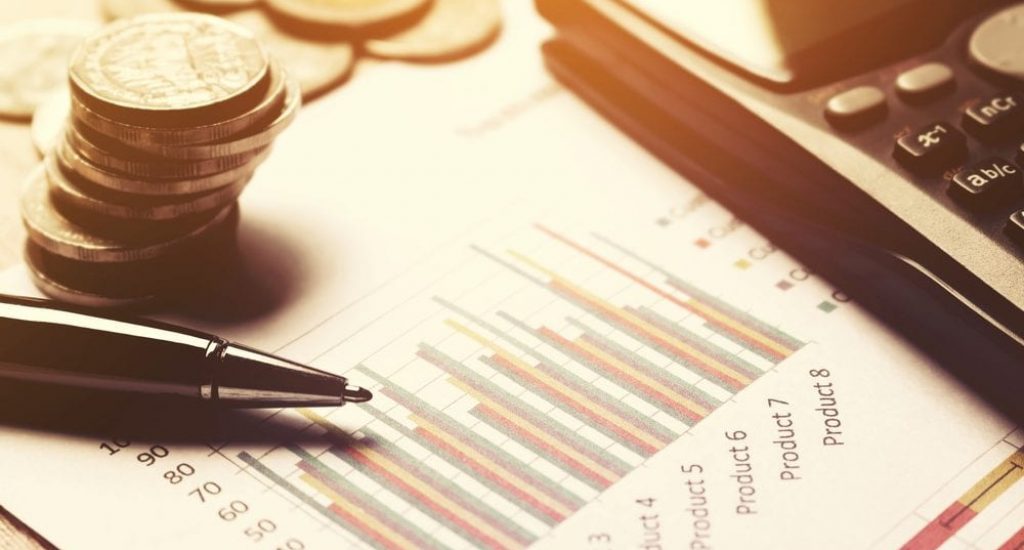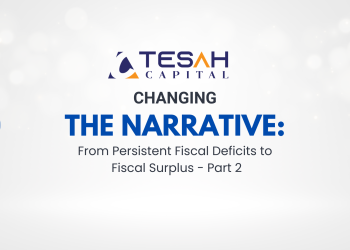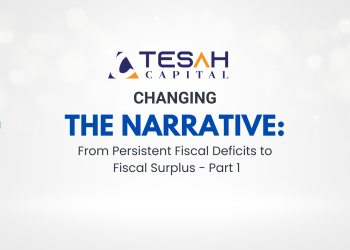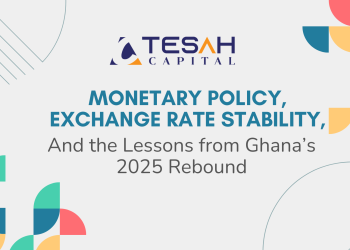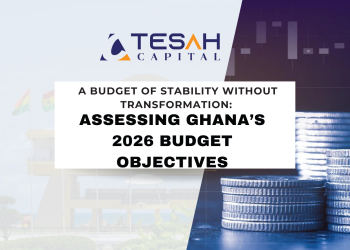Introduction
In this article and the couple of series that follow, we examine financial markets, financial institutions and investments. These are important concepts whose understanding provide immense aid to individuals and institutions interested in knowing what to do with their money and how they can create and maximise their wealth. In this first part of a 3 series, we examine what direct and indirect finance is, the components of the financial system, financial markets and the concept of money and e-money.
Direct and Indirect Finance
There are two (2) basic forms of finance, namely indirect finance and direct finance. With indirect finance an institution stands between lenders and borrowers. So for example, we get a loan from a bank or finance company to buy a car. The bank took deposits from its customers and transformed it into the loan we received. Many banks in Ghana provide car loans in partnership with various vehicle manufacturers/dealers. With direct finance, borrowers sell securities directly to lenders in the financial markets. Direct finance provides financing for governments and corporations. Every financial transaction has a story. There is a complex web of interdependent institutions and markets making up the foundation of daily financial transactions.
Components of the Financial System
The financial system of every economy is made up of a number of components. These components include money, financial instruments, financial markets; financial institutions; regulatory agencies and the central bank. We explain these briefly.
Money is used to pay for purchases and store wealth.
Financial instruments are used to transfer resources from savers to investors and to transfer risk to those best equipped to bear it
Financial markets are markets where financial instruments are bought and sold.
Financial institutions on the other hand provide access to financial markets, collect information & provide services such as …..
Regulatory Agencies provide oversight for financial system.
Central banks monitor financial institutions and stabilize the economy.
We proceed to review financial markets, money, financial instruments and institutions in a bit more detail.
Financial Markets
Financial markets refer to a marketplace, where creation and trading of financial assets, such as shares, debentures, bonds, derivatives, currencies take place. It plays a crucial role in allocating limited resources, in the country’s economy. For example, the equity market is a place where stocks and shares of companies are traded. The equities that are traded in an equity market are either over the counter or at stock exchanges. Often called as stock market or share market, an equity market allows sellers and buyers to deal in equity or shares in the same platform. The debt market is the market where debt instruments are traded. Debt instruments are assets that require a fixed payment to the holder, usually with interest. Examples of debt instruments include bonds (government or corporate) and mortgages. Who can invest in equity markets? Investors with higher risk profile; more funding to cushion against volatility; perseverance to withstand market volatility and to stay invested; time to research and study the companies and patience for returns to rise and become stable as returns can go very high but are also volatile.
Who can invest in debt markets? Risk-averse investors; investors looking for guaranteed returns; if one do not want to invest a lot of time researching; and if one wants to park your money and leave it there and not worry much about it. Investors in both markets hold different levels of priority when they are brought together and are definitely not on a level-playing field. One key difference between the debt market and the equity market is that in case a company faces a default situation and has to go into liquidation, then it is the bondholders that are given priority. In all cases of default across industries, creditors are the ones that are paid off first and in this case it is the bondholders. Shareholders or the owners of the company are given last priority.
Money
Money is an asset that is generally accepted as payment for goods and services or repayment of debt. It is a means of payment, a unit of account, and a store of value. As a unit of account, money is used to quote prices and record debts – it is a standard of value. These prices provide the information needed to ensure resources are allocated to their best uses. Using for example cedis/dollars makes relative price comparisons easier. As a store of value/means of payment, money has to be durable and capable of transferring purchasing power from one day to the next. Paper currency does degrade, but is accepted at face value in transactions. Other forms of wealth such as stocks, bonds, houses, etc. are also a store of value just like paper currency. Although other stores of value are sometimes better than money, we hold money because it is liquid. By liquidity, we mean a measure of the ease with which an asset can be turned into a means of payment. The more costly it is to convert an asset into money, the less liquid it is.
Money has changed from gold/silver coins to paper currency to electronic funds. Now money in the form of cash can be obtained from an ATM anywhere in the world whilst bills are paid and transactions are checked online or even on mobile phones in the form of mobile money. This has led us into an era of electronic money which has eased business transactions. In Ghana, the mobile money wallet is mainly used to transfer value from one person to another person (P2P), for payment of goods and services such as buying airtime, paying for utility bills, Gold and DSTV bills, salaries of some workers, taxi fares, micro-credit, savings and micro-insurance.
The value of mobile money transactions continues to rise as contained in the Summary of Economic and Financial Data for November, 2020 provided by the Bank of Ghana Summary of Economic and Financial Data November 2020. It increased from GH₵28.4 billion recorded in November 2019 to GH₵59.5 within the same period in 2020, indicating a percentage increase of more than 109.5 percent. Additionally, the balance on float for all mobile money transactions, which stood at GH₵3.1 billion in November 2019, stood at GH₵5.8 billion, representing an increase of GH₵2.7 billion. The balance on float is the amount of mobile money cash that sits with the banks. The float boosts liquidity for banks. The coming on board of mobile money interoperability has had a very significant impact on the use of e-money moving from GH₵101.6 million value of transactions to GH₵785.7 million from November 2019 – November 2020, across different mobile networks.
Conclusion
In this first part of our 3 part series on financial markets, financial institutions and investments, we have examines the nature of financial markets, money and stylised data on mobile money in Ghana. These are important concepts in the field finance and provide the basis to move onto discussions on financial instruments and institutions in Part II.
Written By;
Abel Mawuko Agoba
Lecturer, University of Professional Studies
External Research Fellow, Tesah Capital
&
Elikplimi Komla Agbloyor
Senior Lecturer, University of Ghana Business School
Chair of Research Committee, Tesah Capital

